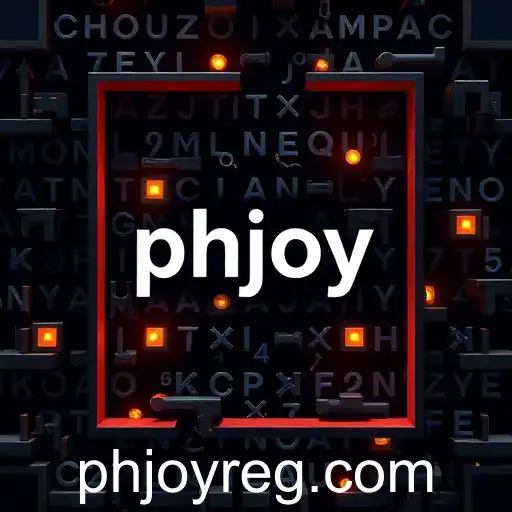Puzzle Games


The Allure of Puzzle Games: A Deep Dive into Mental Challenges

In the digital age, where games range from immersive role-playing narratives to competitive shooters, puzzle games hold a unique charm that appeals to a broad audience. Known for their intellectually stimulating content, puzzle games challenge players to think critically, strategize, and solve problems, offering a unique blend of entertainment and mental exercise.
The keyword 'phjoy' often surfaces in the context of puzzle games, reflecting the underlying joy and satisfaction players derive from successfully navigating complex challenges. Unlike other game categories that may rely on fast reflexes or coordination, puzzle games like 'Candy Crush', 'Sudoku', and 'Minesweeper' require patience, foresight, and analytical skills, making them accessible to players of all ages.
One of the key elements that make puzzle games appealing is their ability to provide a sense of accomplishment. Each completed level or solved puzzle brings a wave of satisfaction, triggering the release of dopamine, the brain's 'feel-good' chemical. This neurological reward system ensures players return time and again, eager to tackle the next challenge.
Puzzle games also offer diverse experiences. Some, like crosswords and logic puzzles, are perfect for solitary play, allowing individuals to engage in a meditative focus. Others encourage collaboration, such as 'Escape Rooms', which have become popular both in virtual forms and physical locations, testing the combined problem-solving abilities of a group.
The rise of mobile gaming has played a significant role in the popularity of puzzle games. With smartphones ubiquitous, games that can deliver brief yet satisfying experiences have become incredibly popular. Easy to learn yet hard to master, these games are perfect for quick breaks or longer sessions, fitting seamlessly into bus commutes, lunch breaks, or lounging at home.
Incorporating educational elements, many puzzle games simultaneously entertain and teach. Language-based games improve vocabulary, while others enhance logical thinking and spatial awareness. This dual purpose broadens their appeal, positioning puzzle games as a beneficial pastime for children and adults alike.
'Phjoy' in the context of puzzle games signifies not just the joy of play, but the joy of cognitive engagement. For those looking to challenge themselves and enjoy a mental workout, the world of puzzle games offers a rewarding experience, blending fun with personal growth in a captivating digital adventure.
Online Gaming Evolves with New Interactive Features
As 2025 unfolds, the gaming industry, led by innovative platforms like 'phjoy', incorporates cutting-edge technology to redefine player experiences globally.
Revolutionizing Gaming: The Rise of Phjoy
Phjoy is transforming the gaming landscape with its innovative platform and robust community engagement.
PhJoy Revolutionizes Online Gaming Community
PhJoy, an emerging English game website, is reshaping the landscape of online gaming through its pioneering approach to community engagement and interactive experiences.
 Skip to content
Skip to content




